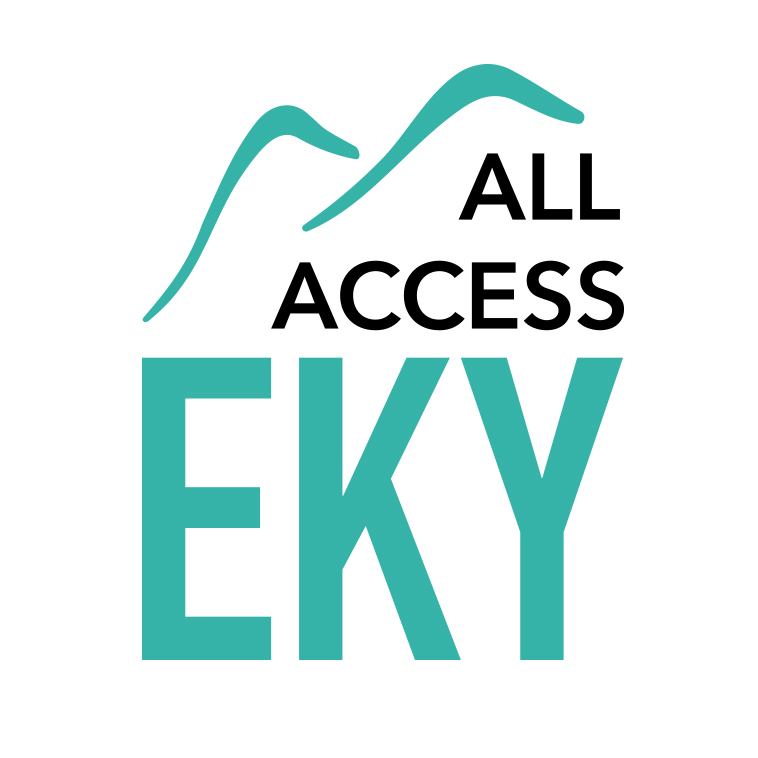by: Annika Reitenga, AAEKY Advisory Board Communications Co-Chair
Unexpected natural disasters are a shocking interruption to daily life. You never know when a flood, storm, tornado, or other disaster could restrict your ability to obtain necessities. While natural disasters are unpredictable and can be life-altering, there are ways that you can better prepare yourself for one. Just like you should stock up on nonperishable foods, water, and first aid supplies, you also need to prepare for your reproductive health.
Here is a checklist for your reproductive health emergency kit:
1. Your Regular Birth Control Supplies
The CDC recommends that you keep at least a 7-10 day supply of your medications in preparation for a natural disaster, which should include your birth control method (CDC). If you are using long-acting reversable contraception (LARC), like an IUD or implant, you will not need to worry about unintended pregnancy during a natural disaster unless your device is due to be replaced. If your replacement date is coming, you should always use a back-up method, such as condoms.
2. Emergency Contraception Pills
Sometimes called ‘Plan B’ or the ‘morning after pill’. These can work up to 120 hours after having unprotected sex, but are more effective the sooner that you take it. There is so much misinformation that is spread surrounding EC that it can be hard to distinguish what is fact from what is fiction.
Read our blog post, 4 Facts About Emergency Contraception, to learn more!
3. Condoms
Birth control methods like the pill, ring, shot, patch, implant, and IUD are very effective in preventing pregnancy, but do not prevent the spread of sexually transmitted infections (STI’s) and HIV. Condom use is still promoted to help reduce your risk of infection.
4. STI Treatment and Medication
Individuals with STI’s should keep an emergency supply of their medications, such as antivirals, for natural disasters. Even if you do not take daily medication, you should keep a supply in case you experience symptoms. Remember to check the shelf life of your medications so that you know when to replace these emergency supplies.
5. Any Other Reproductive Health Supplies You Use
If you are prone to yeast infections or urinary tract infections (UTI’s), you should keep a treatment supply as a precaution.
If you are taking PrEP (pre-exposure prophylaxis), you also should keep a supply of this in your kit.
Menstrual pads and tampons are an essential for people with periods.
Are you a flood survivor looking for resources?
BCBenefits, a contraceptive access fund, is now statewide in Kentucky to help flood victims access birth control! The program provides access to free or low-cost birth control methods and birth control appointments (remote or in-person) to people who have limited income and would like prescription birth control. Those who qualify for fully reimbursable in-person birth control visits may also qualify for a free or discounted roundtrip ride to cover travel to and from the appointment.
Request shipment of free Plan B and/or condoms using our All Access EKY Google Form. Information submitted will remain confidential and will be discreetly packaged.
BetterHelp is offering 3 months of free therapy for people experiencing hardships in the aftermath of the floods. Licensed therapists are ready to help.
For a full list of up-to-date resources and information, please visit https://appalshop.org/news/appalachian-flood-support-resources.
